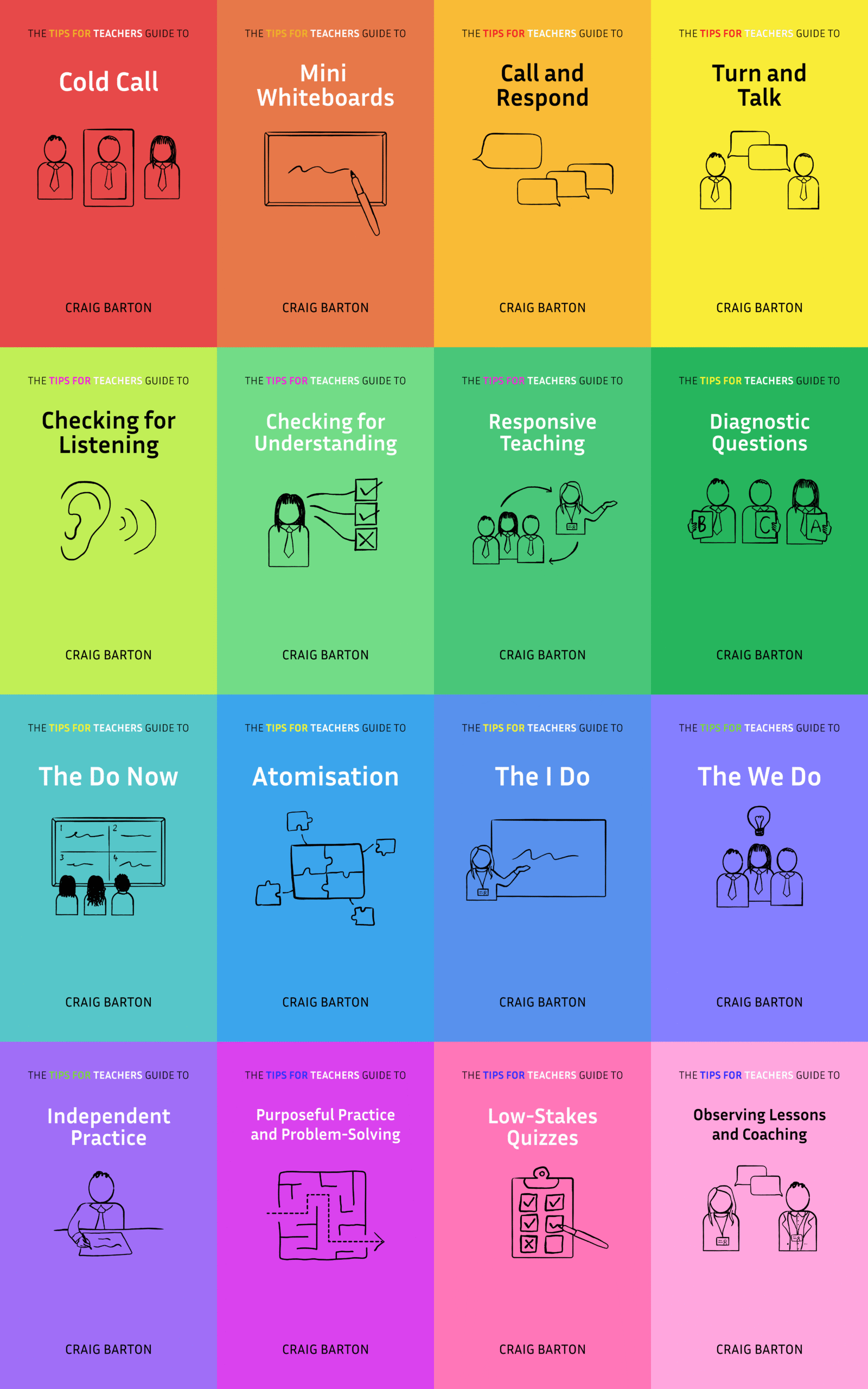Summary
The core strategy involves assigning collective responsibility for answers, praising or blaming the entire group rather than individuals. This technique, the teacher claims, fosters accountability and deeper learning among students. The teacher also discusses practical applications, including using a phone app to quickly project student mistakes onto the board for group review. Various aspects of group work implementation are explored, such as group size, composition, and task types, along with the teacher’s classroom setup and observation techniques. Finally, the long-term benefits and challenges of this approach are discussed.
Time-stamps
- 0:37 – When a student gets an answer wrong after group work, blame the group, not the individual. If the group gets it right, praise the group, not the individual.
- 1:44 – Take pictures of common mistakes from student work and project them on the board. Have students explain how to correctly answer the question. If they can, praise the group. If they cannot, blame the group.
- 4:13 – There are three good reasons to use group work: generating ideas, processing/practicing something, or teaching each other after a topic has been assessed.
- 7:24 – Pair work can be used as well, but group work is more effective because you only need one person in each group to understand the material for the whole group to benefit.
- 8:25 – Groups of 2-4 students are ideal, but groups of 5 can work as well.
- 8:47 – Group students by academic ability with the highest achieving student, second-highest achieving student, etc. in each group. Consider student personalities when grouping older students, as clashes and distractions are more likely.
- 10:34 – Holding groups accountable is the key to successful group work. Start with group accountability, then add other elements over time, such as teaching students how to effectively question each other.
- 12:22 – While students are doing group work, circulate around the room, listening to conversations to make sure they stay on task and to identify any misconceptions that are being spread. Avoid getting too involved. Occasionally, stop the class and give feedback to the whole class, modeling examples of both good and bad conversations.
What are the key implications for teachers in the classroom?
- Teachers should emphasize group responsibility, not individual accountability, during group work. This means that if a student gets a question wrong, the teacher blames the group, not the individual. Conversely, if the group gets the question right, the teacher praises the whole group, not just the student who answered. This approach encourages students to work together and support each other’s learning.
- Teachers should carefully select tasks that are appropriate for group work. For example, tasks that require students to generate ideas or process and practice information are well-suited for group work. Tasks that are more investigative or open-ended may not be as effective in a group setting. Additionally, some tasks, like factorizing quadratic expressions, may be better suited for individual work because it is easy for students to simply tell each other the answer without actually understanding the concept.
- Teachers should provide clear instructions and expectations for group work. Students need to know what they are expected to do, how they are expected to work together, and what the consequences are for not meeting expectations.
- Teachers should monitor group work closely and provide feedback to students. This can be done by circulating around the room, listening to student conversations, and providing feedback on their work. Teachers can also use mini whiteboards to record examples of good and bad conversations and then share them with the class.
- Teachers should structure groups strategically. The ideal group size is two to four students. Groups of five or more can be difficult to manage. The teacher should also consider the mix of students in each group, ensuring that there is a balance of abilities and personalities. The teacher may choose to group students based on summative assessment data, but should also consider their own knowledge of the students and their understanding of the material. While it can be beneficial to keep groups consistent to allow students to develop a strong understanding of each other’s strengths and weaknesses, it’s also important to change groups periodically to provide a fresh impetus and prevent students from becoming overly comfortable with each other.
- Teachers should consider the physical layout of the classroom. Desks should be arranged in a way that allows students to easily see the board and each other. The teacher should also be able to easily circulate around the room and monitor student work.
The speaker in the video believes that emphasizing group responsibility can have a significant positive impact on student learning, even leading to overnight transformations in the classroom. However, he also cautions teachers to carefully assess the situation and make sure they are not holding students accountable for the bad behavior of their groupmates. Overall, he suggests that consistent practice and modeling of good group work habits will lead to improved student learning and deeper understanding.









